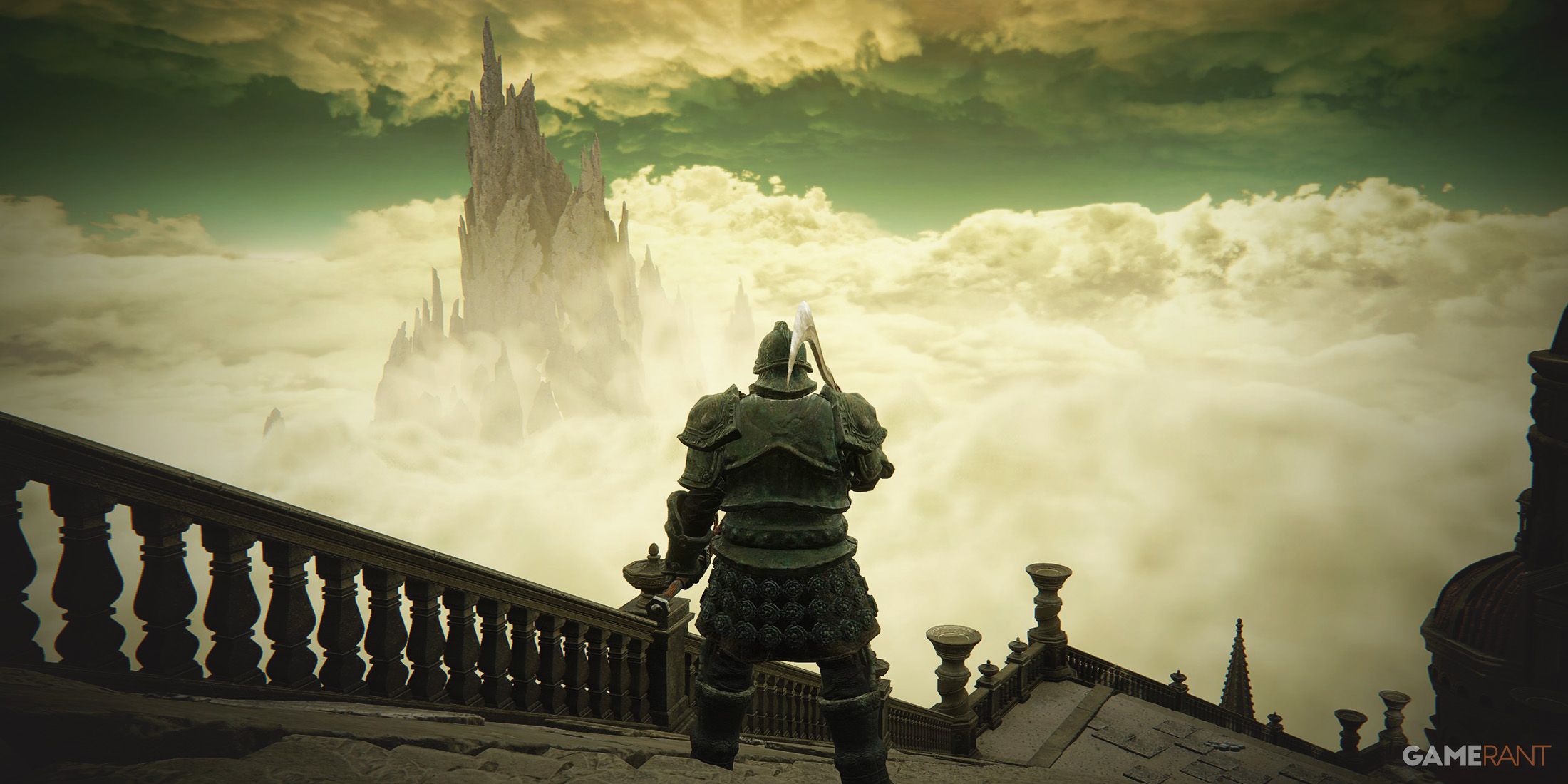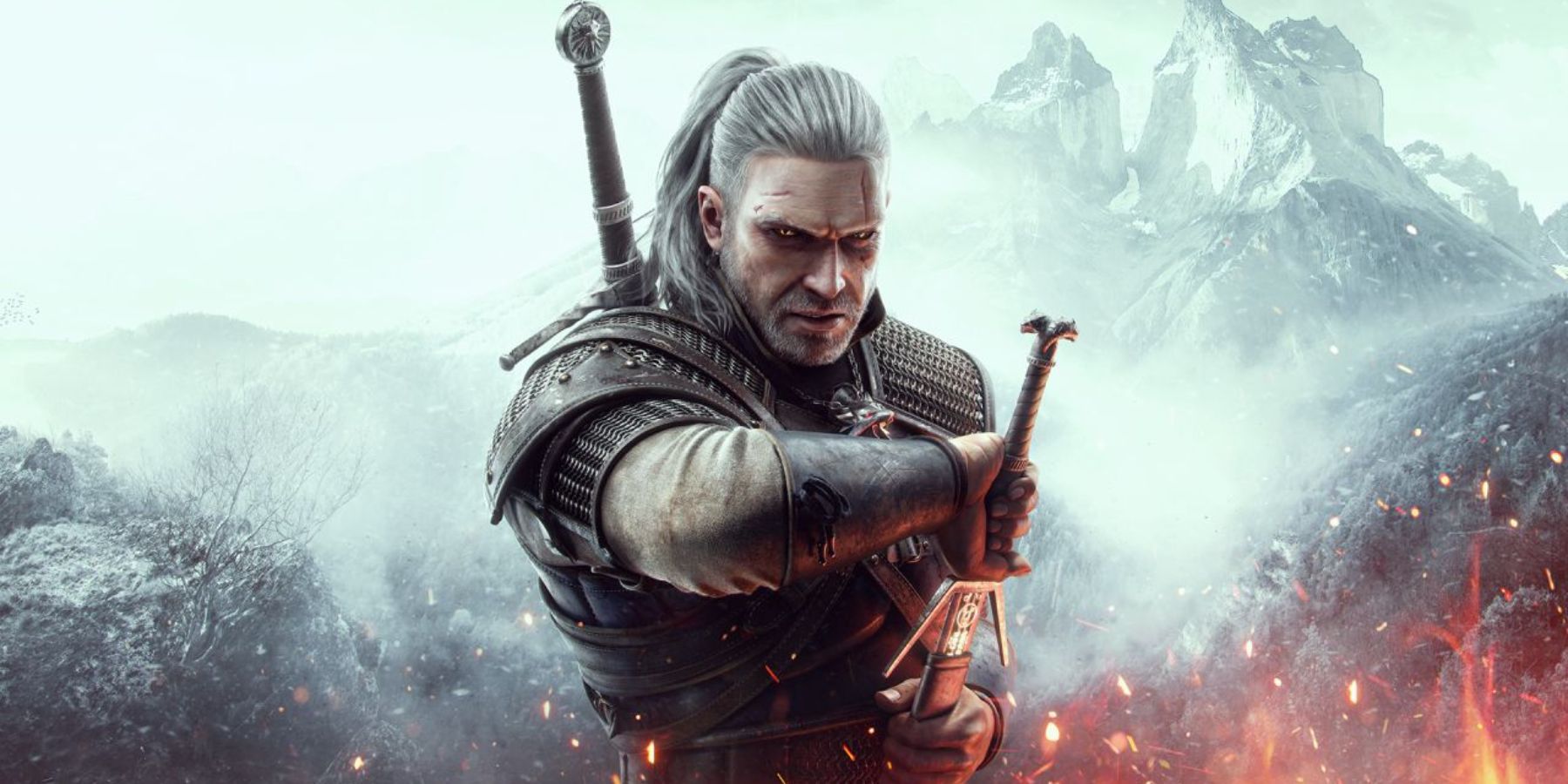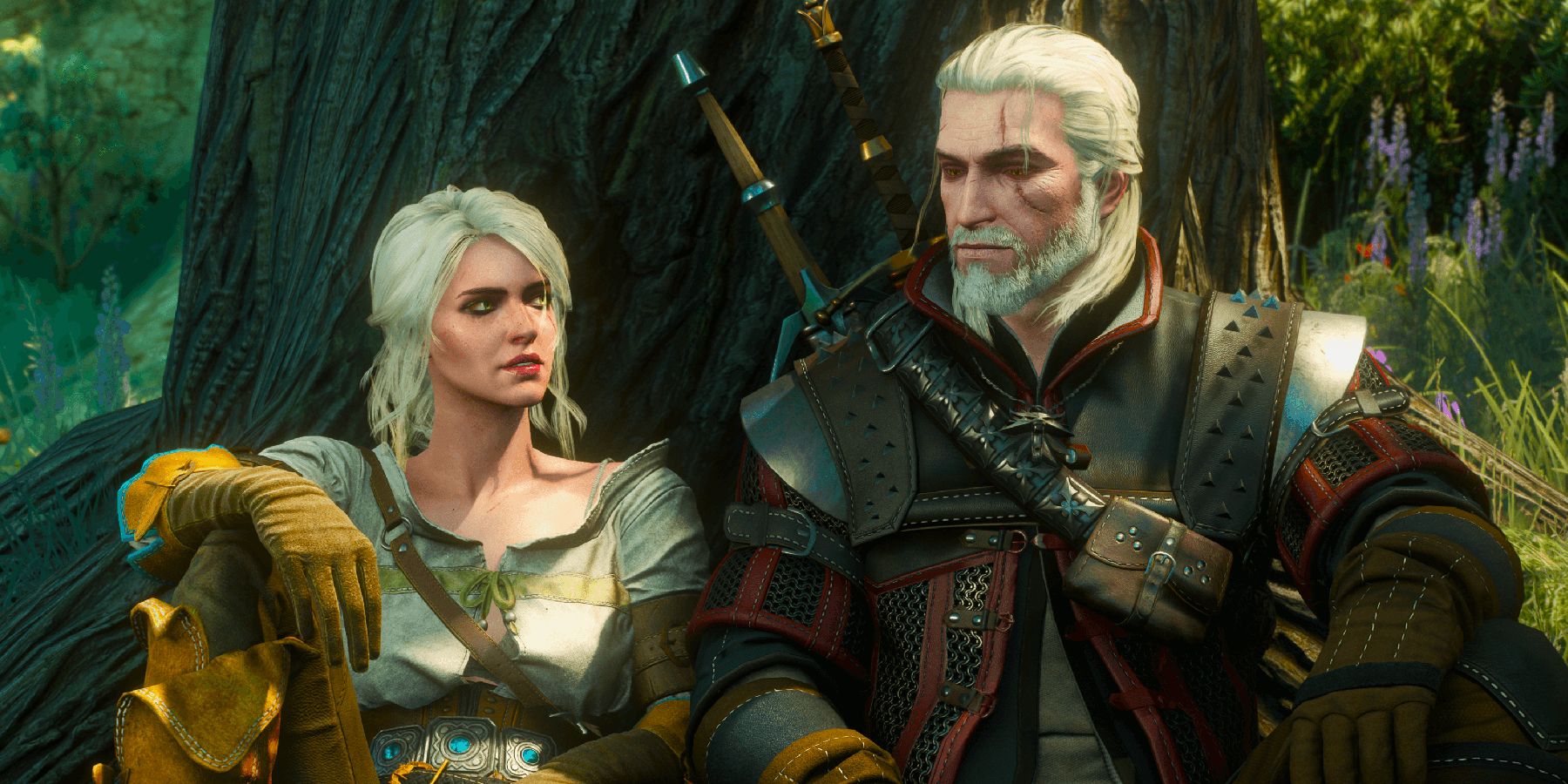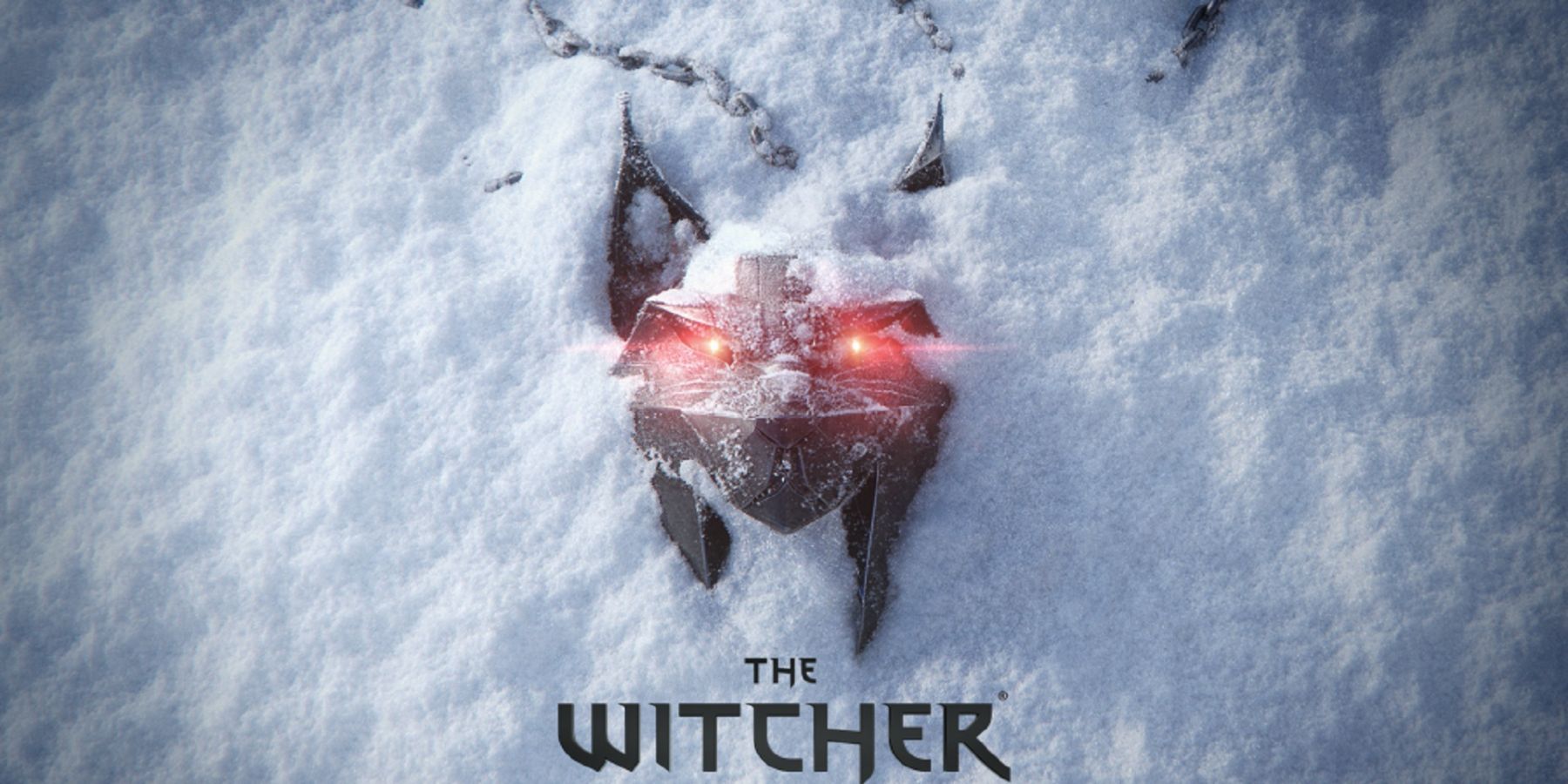CD Projekt Red is the busiest it’s ever been right now. The acclaimed Polish developer has many publicly-known projects on its plate, ranging from Cyberpunk 2077’s Phantom Liberty DLC to a new original IP. A multiplayer Witcher title and remake of the original Witcher are both in development under other studios, and The Witcher 4 is being worked on as the start of a new Witcher trilogy. It's a wonder that the company is able to spare resources for a new IP now, especially with so much riding on The Witcher 4.
Hectic times are ahead for fans of CDPR’s work, but at least there's a lot to look forward to. The second Witcher game trilogy should occupy fans for years, and many are curious about where The Witcher 4 will take the aging multimedia franchise. Thanks to The Witcher 3: Wild Hunt's success in 2015, The Witcher and CD Projekt Red itself both experienced massive boosts in popularity that have yet to subside. However, there is a wider context that contributed to The Witcher 3 taking off that The Witcher 4 may not benefit from.
The Witcher 3 Was Unrivaled In Open-World Fantasy Excellence
In 2015, many publishers and developers were still busy transitioning out of the seventh console generation, presenting an opening for a massive title to hit the industry unopposed. Enter The Witcher 3: Wild Hunt, released in May 2015 for PC, PS4, and Xbox One. Despite a host of technical issues, The Witcher 3 drew players with its Slavic mythology and fairy tale-inspired setting, as well as excellent writing and a flexible quest structure. Even people new to the franchise could jump into Witcher 3 and immerse themselves. The Witcher 3's qualities propelled it to profound success, becoming one of the best-selling video games to date.
Its immediate competition was blown out of the water, leaving The Witcher 3 unchallenged for a while. Competitors from a few months prior, Dragon Age: Inquisition and Middle-Earth: Shadow of Mordor, failed to please fantasy RPG audiences to the same degree that The Witcher 3 did, and late 2015 open world games like Fallout 4 couldn’t match The Witcher’s special qualities. The Witcher 3’s massive open world, stunning narrative, interesting combat preparation, and subsequent willingness to improve its content and market itself created such a runaway success that CD Projekt Red may struggle to replicate it, especially now.
The Witcher 4 Must Contend With Stronger Competitors
Things have changed in the game industry since The Witcher 3’s heyday. It's easy to be Game of the Year when the competition is weaker, but direct competition with The Witcher has only been growing. In the realm of epic fantasy open world games alone, The Witcher 4 will be compared to Elden Ring, The Legend of Zelda: Breath of the Wild, and BotW's sequel Tears of the Kingdom. These games may focus more on gameplay than The Witcher did, but they nonetheless mark what is possible in The Witcher’s genre space now.
That's not even going into whatever Ubisoft, Rockstar Games, and CDPR itself release before The Witcher 4. Standards for AAA game narrative have also evolved thanks to massive titles like The Last of Us Part 2 and both modern God of War games, and even the novel preparation aspects of The Witcher 3 pale next to the Monster Hunter and Horizon franchises. The Witcher 4 must rely on its writing and worldbuilding like never before, as well as innovate on its other aspects. More great games are coming out all the time, and The Witcher 4 has a monumental task ahead of it if it hopes to surpass its growing competition.
A new Witcher game is in development.






